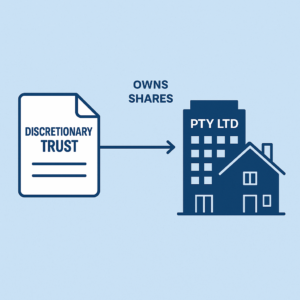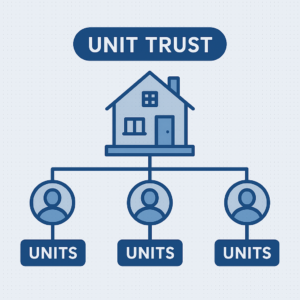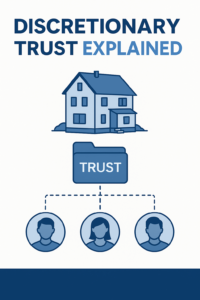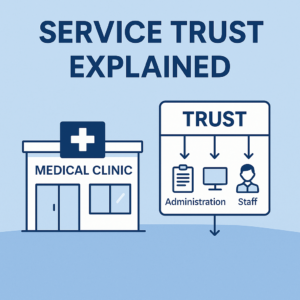Sole Trader in Australia: Meaning, Pros & Cons Explained
When starting a business in Australia, one of the first decisions you’ll make is how to structure it. For many new business owners, freelancers, and contractors, the sole trader setup is the easiest place to begin.
It’s simple, flexible, and inexpensive — but it also comes with personal risk.
Here’s everything you need to know about operating as a sole trader in Australia.
💡 What Is a Sole Trader?
A sole trader is an individual who owns and runs a business in their own name (or under a registered business name). You’re the sole owner, which means you have full control — but also full responsibility for all business debts and decisions.
Unlike a company, a sole trader is not a separate legal entity. You and your business are legally the same.
To operate as a sole trader, you’ll typically:
-
Register for an Australian Business Number (ABN).
-
Register a business name with ASIC (if you’re not trading under your own name).
-
Report all business income through your personal tax return.
-
Pay tax at individual marginal tax rates.
-
Register for GST if your annual turnover is $75,000 or more.
✅ Advantages of Being a Sole Trader
1. Easy to Start and Manage
Setup is quick, inexpensive, and requires minimal paperwork. Perfect for testing a new idea or freelancing.
2. Full Control
You make all the decisions — from pricing to marketing to how you operate.
3. Simple Tax Process
You lodge one personal tax return that includes your business income. You can claim deductions for business-related expenses.
4. Privacy
Unlike companies, you don’t have to publish financial statements or details publicly.
5. Low Ongoing Costs
No ASIC annual review fees or company compliance obligations.
⚠️ Disadvantages and Risks
1. Unlimited Liability
You are personally responsible for all business debts. If things go wrong, your personal assets — including your house or savings — may be at risk.
2. Limited Growth Options
It’s harder to raise capital or bring in partners. As your business grows, you may outgrow this structure.
3. Higher Taxes at High Income Levels
You pay tax at individual rates. When profits increase, you can move into higher tax brackets compared to the flat 25% company tax rate.
4. Business Ends with You
If you retire, fall ill, or pass away, the business usually ends — it doesn’t continue as a separate entity.
👇 When a Sole Trader Structure Makes Sense
A sole trader setup works best when you:
-
Are starting small or testing a business idea.
-
Have low risk exposure (e.g., consulting, design, or service-based work).
-
Want to retain full control over operations.
-
Prefer simple tax and record-keeping.
-
Don’t plan to seek investors or partners soon.
Many small businesses and freelancers in Australia start as sole traders before evolving into a company or trust as they grow.
🧾 What to Watch Out For
-
Insurance: Protect yourself with public liability, professional indemnity, and income protection insurance.
-
Banking: Keep a separate business bank account for clarity and tax time.
-
Record-Keeping: Track income, expenses, and invoices carefully to stay compliant with ATO rules.
-
Growth: If your revenue grows significantly or you take on staff, speak with a business advisor about restructuring.
🔄 Sole Trader vs Company: Quick Comparison
| Feature | Sole Trader | Company |
| Legal Status | You are the business | Separate legal entity |
| Liability | Unlimited (personal) | Limited to company assets |
| Tax Rate | Personal rates | 25% (small business rate) |
| Setup Cost | Low | Moderate |
| Admin Requirements | Minimal | Higher |
| Suitable For | Freelancers, startups | Growing or higher-risk businesses |
🧠 Final Thoughts
Becoming a sole trader is the easiest and fastest way to start doing business in Australia. It gives you freedom and control — but also personal risk.
If your business remains small and manageable, it’s a simple and efficient choice. But as your revenue or risk exposure grows, it’s worth reviewing whether a company or trust structure would provide better protection and flexibility.
Information current as of October 2025. Reviewed by the Trustify Business Advisory Team. General information only — not financial advice.
Others
-
October 20, 2025 Buying Property Under Your Personal Name in Australia: Pros and Cons
-
October 18, 2025 Service Trust Business Structure in Australia




